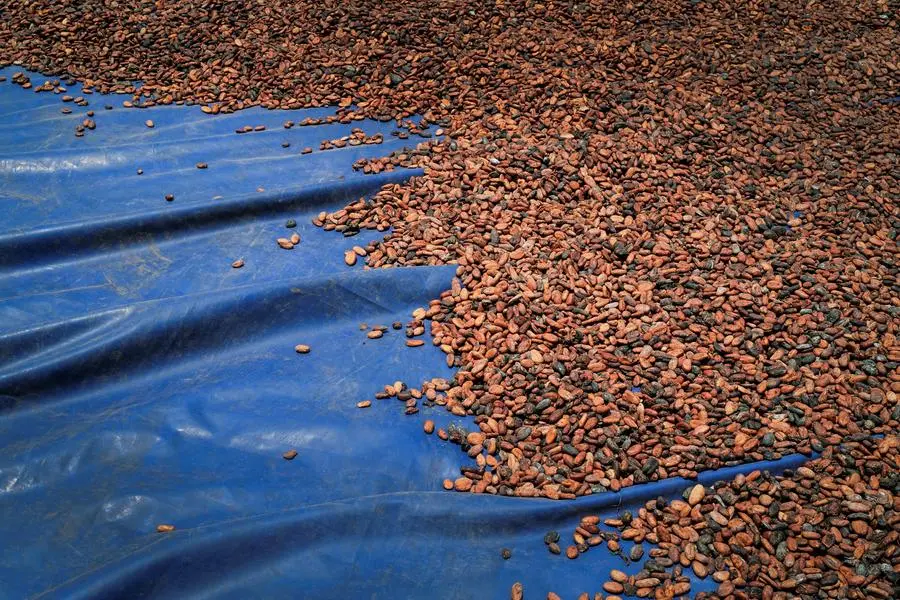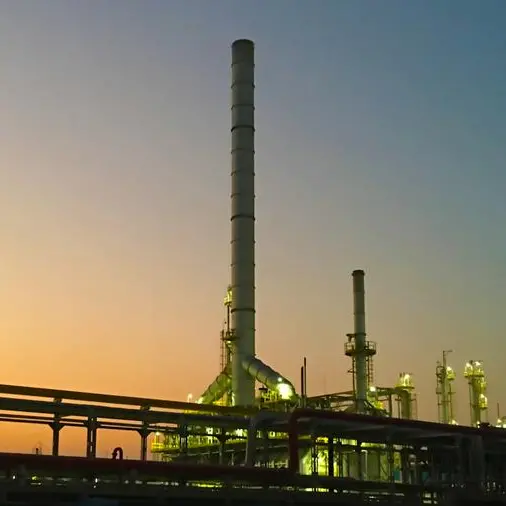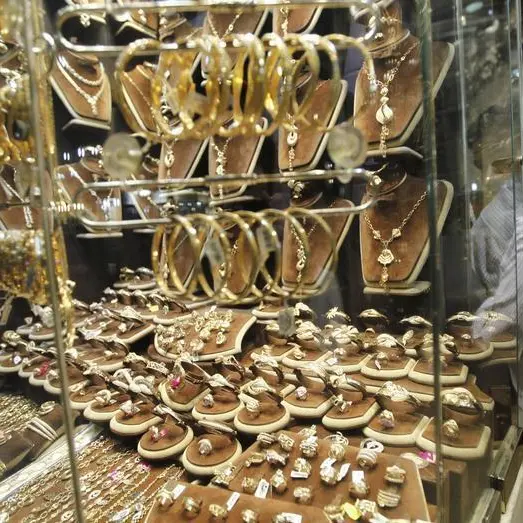PHOTO
Ivory Coast's cocoa production for the 2024/25 season is expected to remain at last season's low levels due to poor weather and crop conditions, according to the agriculture minister. The decline in output from the world's top cocoa producer, along with reduced production in Ghana, led to record-high international prices last year.
"It's the same trend," Kobenan Kouassi Adjoumani said regarding prospects for 2024/25 production, adding it was too early to give a firm forecast.
The minister's assessment was in line with a Reuters analyst poll this month that gave an average expectation of 1.80 million metric tonnes for 2024/25 versus 1.76 million in 2023/24.
Improved prospects for mid-crop
Echoing comments by farmers, Adjoumani said recent rain had improved prospects for the April-to-September mid-crop, which follows the country's October-to-March main crop.
Faced with adverse climate effects and disease in ageing cocoa trees, Ivory Coast was engaged in replanting and agroforestry measures that should boost production potential within two years, he added in an interview at the annual Paris farm show.
Cocoa smuggling and price gaps
Rocketing international prices have also fuelled the smuggling of cocoa beans from the Ivory Coast, whose fixed price for growers is much lower despite an increase last year.
There has been talk that around 100,000 to 200,000 tonnes of cocoa has been illegally exported to neighbouring countries such as Guinea this season, but a crackdown by the government has curbed the traffic, Adjoumani said.
In other agricultural markets, Ivory Coast could become self-sufficient in rice from next year after investment in seeds and farm machinery helped accelerate growth in production to 1.5 million tons last year, narrowing the gap with consumption of 2.1 million tonnes, he said.
All rights reserved. © 2022. Bizcommunity.com Provided by SyndiGate Media Inc. (Syndigate.info).





















